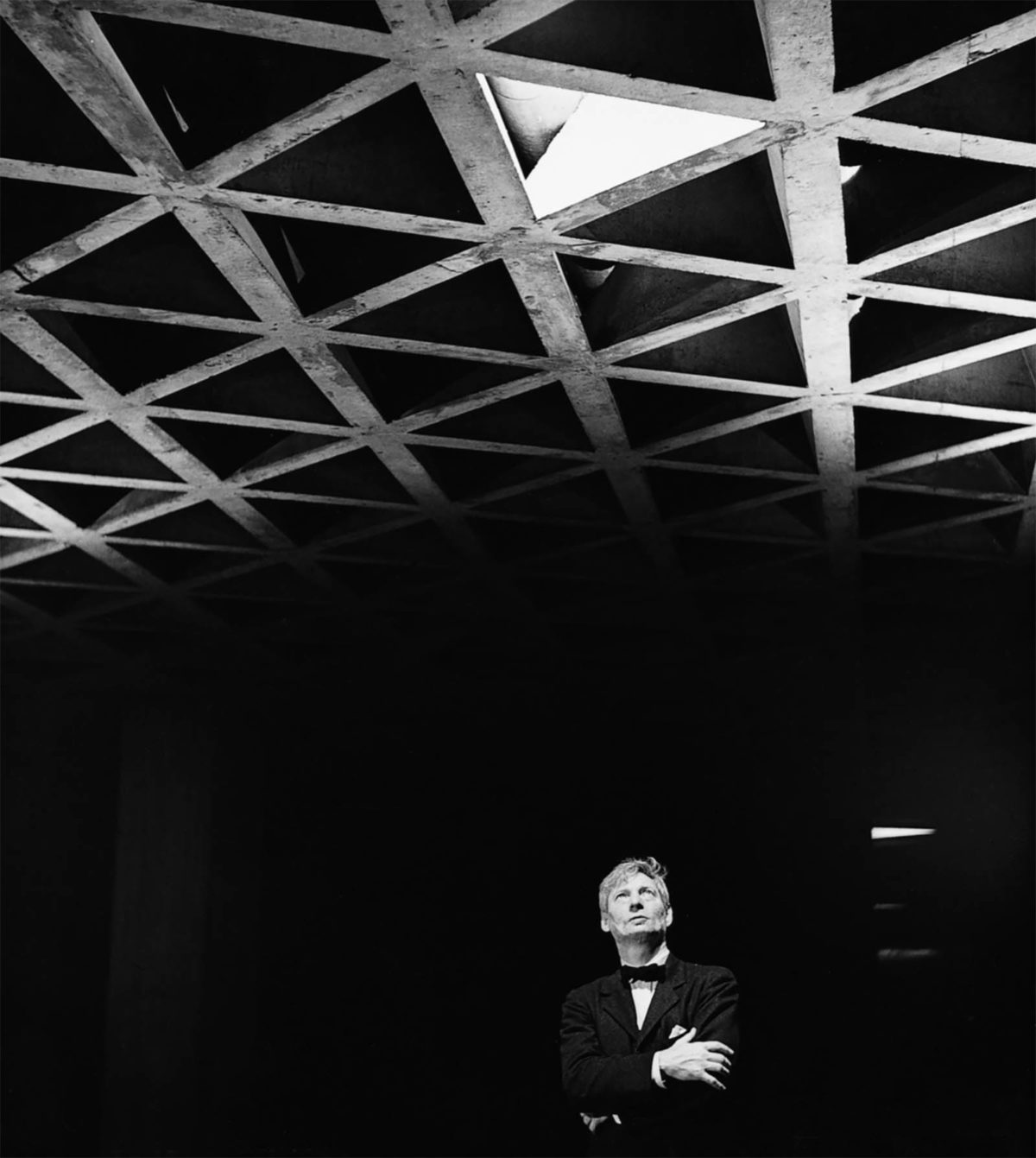Architecture for a New World: Louis Kahn and Philadelphia

Photo from "You Say to Brick: The Life of Louis Kahn" by Wendy Lesser. Photo credit: Yale University Art Gallery © Lionel Freedman/Yale University Archives
by Izzy Kornblatt (MDes ’19) — Recipient of the Design Studies Thesis Prize
This project reinterprets the architecture of Louis Kahn as expressing a particular experience of modernity rather than returning to an archaic past. Based upon extensive archival research and interviews, I argue that Kahn and his engineers, working in collaboration, derived a distinctive architecture from the ways of thought embedded in Philadelphia. I show the origins of Kahn’s method to be in the work of Frank Furness, passed on to Kahn by his mentor George Howe. From them Kahn inherited a commitment to an architecture of material and programmatic honesty—an architecture that against the abstraction of high modernism and formalism of the Beaux-Arts sought to reflect the conditions of contemporary life. Relying on the knowledge of his engineers, Kahn made that commitment concrete by integrating structure, building systems, and program into an architecture of clear and legible meaning.
In making this case, I question the major claims of present Kahn scholarship: that Kahn’s mature architecture derives from the study of ancient ruins, and that Kahn represents a turn toward French neoclassicism. I argue instead for a research-based view of Kahn that returns agency to his work while dismantling the cult of genius that too often surrounds him. Ultimately, I argue that the historical importance of his work lies in the new approach toward the architectural subject that it introduced in 20th-century architecture—thanks to its derivation of form from contemporary realities and insistent rejection of aestheticism.